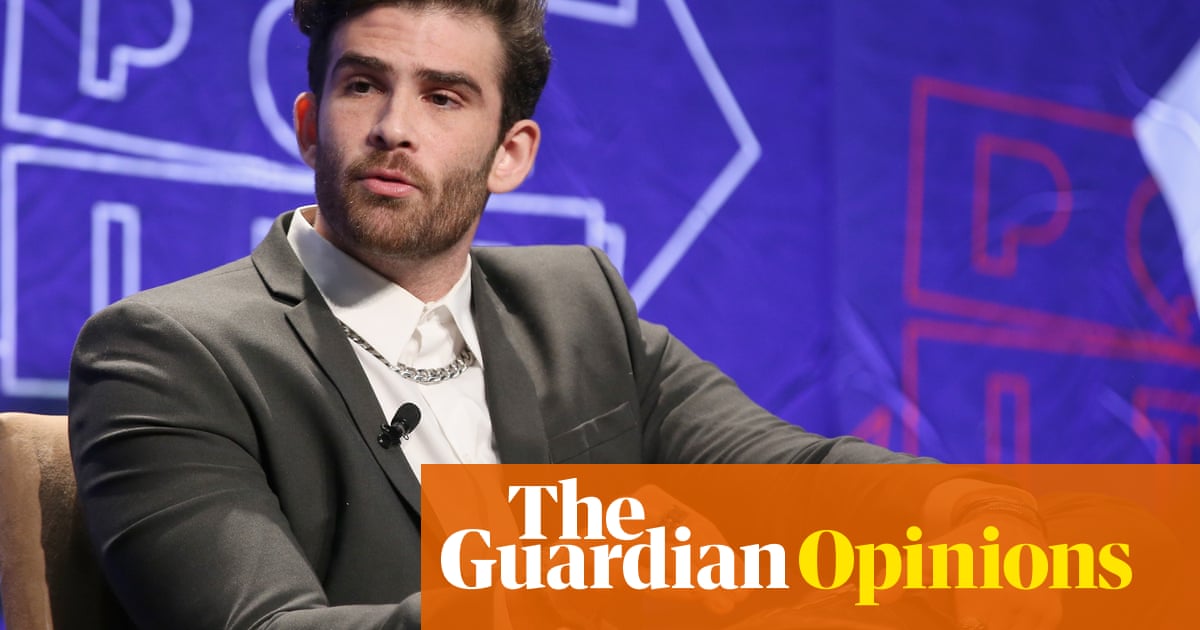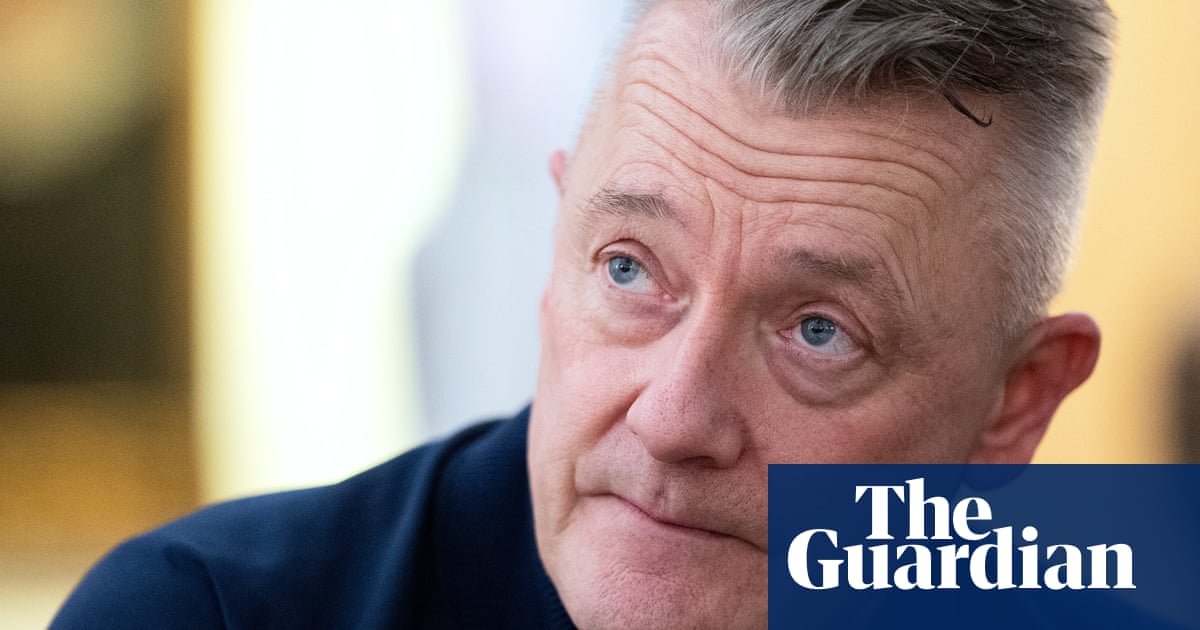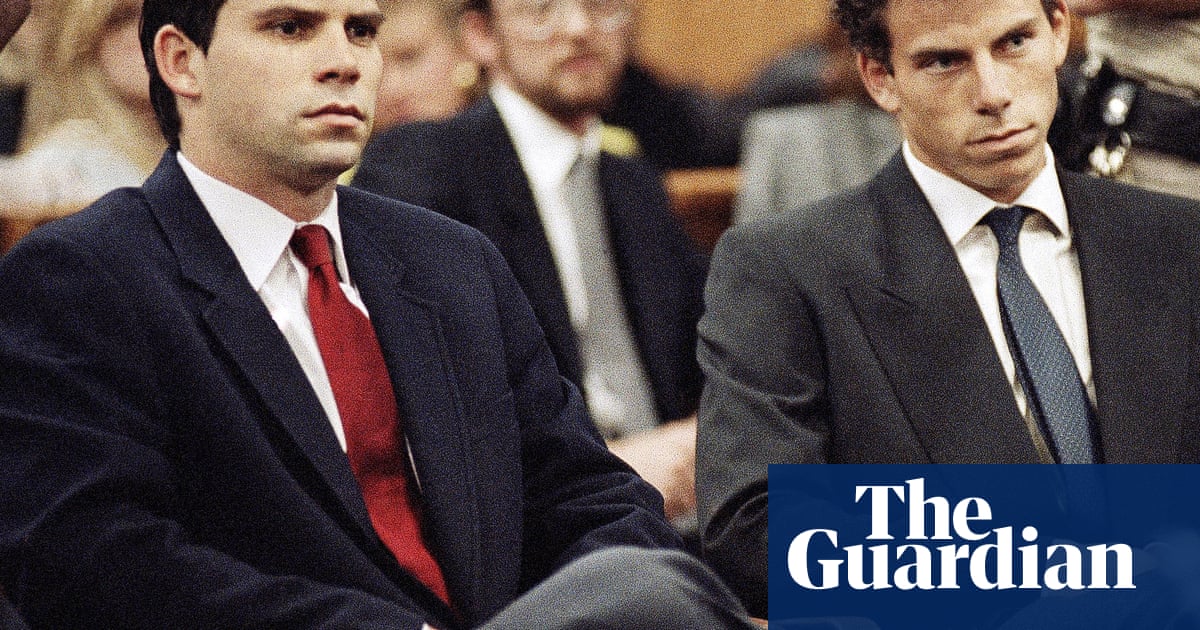‘Why you might be given the ‘second-best’ weight-loss drug”, ran the i’s coverage of the most recent research findings: Mounjaro is officially more effective than Wegovy. And there are plenty of perfectly sensible reasons. Wegovy, which produces an average weight loss of 14%, might suit you fine. It’s the only drug approved for reducing the risk of a major cardiovascular event because it’s been on the market for longer. Mounjaro, reducing weight by 20%, might end up on top in the long run. The media often takes a scandalised tone about pharmacological innovation: whether it’s the NHS trying to palm you off with second best, or big pharma selling snake oil, someone is always out to get you. “This seems OK; let’s see how it goes” is a peculiarly difficult editorial line to take.
I was part of a panel discussion last week at “Ozempic Nation”, part of the British Library’s Food Season. Ozempic is the same drug as Wegovy, just with a lower concentration of the active ingredient, semaglutide, and is used to treat type 2 diabetes. The discussion felt a little paradoxical to include in a “food season”, since Ozempic is the opposite of food, the anti-food, the drug that can make you forget what you ever liked about food. And yet, the debate – which was essentially “Is this a wonder drug or a sticking plaster?” – cut to the heart of what food means for politics, for society and, I guess if you squint at it, for civilisation.
Making the case that semaglutide is a wonder drug was Dr Tony Goldstone, a leading endocrinologist, and expert in addictive behaviours and obesity. His point was that bodies are the luck of the draw: there is no moral component to obesity, no “get a grip on yourself” solution. If you’re slim, it’s because you won the genetic lottery, and if you struggle with obesity, it’s because you didn’t. A drug that brings down your weight by as much as 25% is a miracle. Although, he also said: “It’s not magic – it’s biology!” Which tickled me, because biology is magic, to a layperson).
Goldstone spoke passionately about his patients: he has seen people die of obesity-related complications in their 20s. He has absolutely no time for any question in the obesity terrain that isn’t: “What is the best and fastest way to help as many people as possible?”
He was incredibly convincing – and so was Prof Christina Vogel, who researches the wider determinants of diet, and was putting forward the other case: that if you’ve managed to create an obesogenic environment, through a combination of economic inequalities and poor-quality, high-sugar food, mass produced and robustly defended by overweening corporate interests, and you then create a drug to deal with the inevitable results, guys, that is not smart. Her research takes in quantitative data on supermarkets and convenience stores, as well as qualitative, focus-group work with people trying to put food on the table. She spoke powerfully about the sheer impossibility, on a low income, of feeding a family decent, nutritionally balanced food.
So, while, on paper, Goldstone and Vogel were on opposite sides, they were both professionally committed to making people’s lives less bad, and thus, fundamentally, on the same side.
Into this crucible of expertise, I was dropped in to explain the media’s attitude to weight loss drugs. And the more I tried, the more sheepish I became. Obesity is deployed in general analysis to explain a huge range of intractable problems; it’s why we can’t afford the NHS, it’s proof that we’re a nation in decline, it’s why social care keeps getting kicked into the long grass. It’s used in conjunction with ageing so often that they almost sound like one word, obesity’n’ageing. But, ageing is inevitable, obesity isn’t. While it’s no longer acceptable to body-shame individuals, it is still permissible to say – considered obvious, even – that obesity is an individual’s fault. At a stroke, all the assumptions and duties and undertakings that went into creating the social safety net are unpicked: if obesity is the central threat to a healthy society, and its cause is individuals who fail to take responsibility for themselves, then how can we be expected to take responsibility for one another?
There have always been people arguing forcefully that weight gain is created by the economy, by agriculture, by industry, by systems – but none of that has impeded the discursive juggernaut heading towards a post-NHS, post-welfare-state reality. Effective weight-loss drugs, however – those really would get sand in the gears. Remove obesity and we have no way of blaming, policing or judging one another, and we’d be back to square one, Beveridge or bust. Which I, personally, would be fine with.
Zoe Williams is a Guardian columnist
-
Do you have an opinion on the issues raised in this article? If you would like to submit a response of up to 300 words by email to be considered for publication in our letters section, please click here.

.png) 7 hours ago
5
7 hours ago
5













































